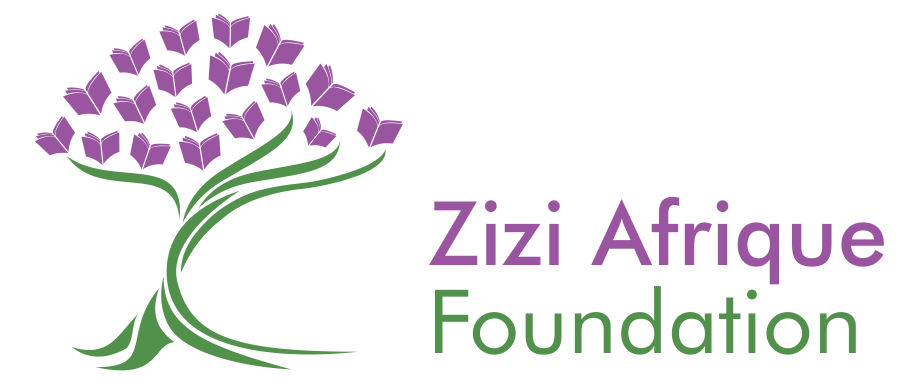My Village Project
Process and Objective
For purposes of ascertaining the English literacy levels among the six- to 12-year-olds in Bungoma, Kitui and Kilifi counties, the baseline assessment was conducted in January 2023 at the household level in the three counties. Validated data collection tools were used. Descriptive statistical analysis was done focusing on the number of children assessed and their literacy levels in the English assessment. The results were disaggregated by county, grade and gender. Tables and charts were used to present the analyzed results.
Target Population and Sample Size
The assessment had a purposive sample size of 2,549; Bungoma 1,328 (52 per cent), while Kilifi and Kitui had 664 (26 per cent) and 557 (22 per cent) children respectively. The study targeted children aged between 6 and 12 years from the 50 lowest-ranked schools based on the Year 2021 KCPE analysis. The assessments were conducted at the household level in 59 villages, with 29 in Bungoma and 15 each in Kilifi and Kitui.
Findings
General Performance:
The overall assessment results indicated very low reading proficiency at the story level among the 2,549 children assessed:
- Story Level: 406 (16 per cent)
- Paragraph Level: 264 (10 per cent)
- Word Level: 643 (25 per cent)
- Letter Level: 682 (27 per cent)
- Beginner: 554 (22 per cent)
Only 16 per cent (406) of the assessed learners were able to read Grade 2 English Story. Specifically, Bungoma had 17 per cent, Kitui 15 per cent, and Kilifi 14 per cent. The remaining 84 per cent (2,143) of the assessed children were below the story level proficiency. The three counties had low reading proficiency and, for that, they deserved instructional and remedial support to boost English literacy learning outcomes among the learners.
Grades 3 to Class 8
Grades 3 to Class 8 were assessed, revealing varying reading outcomes at the story level. Generally, higher grades demonstrated better reading proficiencies than their lower counterparts, with the exception of Class 8. The following reading proficiency levels were observed:
- Class 8: 31 per cent
- Grade 7: 52 per cent
- Grade 6: 35 per cent
- Grade 5: 27 per cent
- Grade 4: 16 per cent
- Grade 3: 8 per cent
Grade 7 demonstrated the highest proficient in story level, with 52 per cent, followed by Grade 6 (35 per cent), and Class 8 (31 per cent). Grade 7 had the best reading outcomes at story level across all the counties; Bungoma 63 per cent, Kilifi 56 per cent, and Kitui 34 per cent. Conversely, Grade 3 had the lowest story readership in all the counties; 5 per cent in Bungoma, while Kilifi and Kitui tied at 11 per cent. Kitui county had the lowest story level readership. The number of proficient readers increased with higher grades.
On Gender,
On Gender, across all the counties, girls were more proficient story level readers than boys. Overall, at story level, girls were 19 per cent proficient and boys had a low of 12 per cent. Boys dominated the lower reading levels with 23 per cent of the majority at the Beginner level, while girls had a lower concentration of 20 per cent at the same level.
In conclusion, both Grade and Gender significantly influenced reading proficiency levels.
Recommendations
From the findings, the following were recommended:
- The project should consider implementing full intervention measures in the three counties to address English Literacy gaps among learners. These measures include but are not limited to reading camps, retooling teachers, providing reading resources for practice and instructions, and implementing Teaching at the Right Level strategies.
- There is a need for gender-responsive pedagogy to enhance reading competences among boys.
- Investigate teacher factors affecting learning outcomes in English literacy in Bungoma, Kilifi and Kitui, and develop intervention strategies to enhance capacity building.
- Strengthen Community Based Learning strategy to promote continuous learning beyond the confines of the classroom.
English literacy is central to overall learning success among learners and if shaky, learners may struggle to achieve optimal outcomes in other areas of learning and life skills. Therefore, it is important for all stakeholders to join hands in supporting English Literacy in and out of school.
